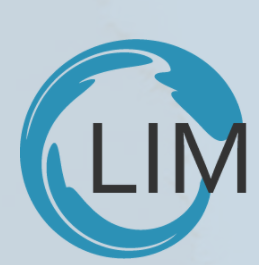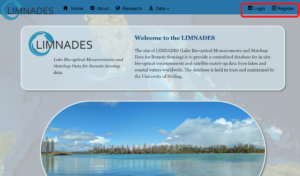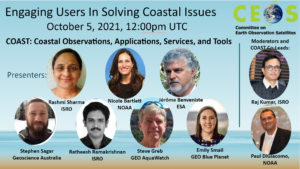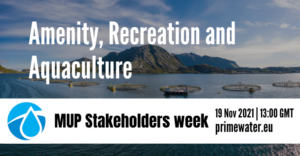


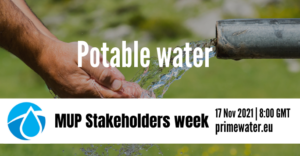
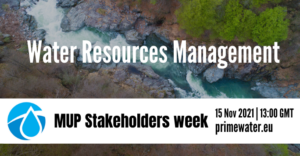
You are invited to take part in the second PrimeWater MUP workshop which will take place from 15 to 19 Nov 2021.
About the Multi User Panel (MUP): The purpose of the MUP is to serve as an international panel of users providing expert feedback on EO-enabled services developed or extended in the context of the PrimeWater project and participate in the co-generation process itself through dialogue.
The first MUP workshop, held in October 2020, gathered initial feedback on what different users think about different services (e.g. monitoring water quality, forecasting, and provision of decision support on forecast and observations).
This second MUP meeting 15th-19th November as ‘Stakeholders week’ with participants from the following sectors:
- Disaster risk management
- Amenity / Recreation
- Aquaculture
- Water resource management
- Potable water production
- Energy (thermal)
Stakeholders from each sector will be invited to a 2.5-hour session during this week. Each day, we will focus on a different sector:
- Day 1: Water Resources Management
- Day 2: Disaster Risk Management
- Day 3: Potable Water
- Day 4: Energy Sector (focus on thermal plants)
- Day 5: Amenity, Recreation and Aquaculture
The main objectives of this workshop will be:
- To provide an overview and update on the services that PrimeWater can offer to participants.
- To understand how different sectors are using EO service to address issues such as Extreme hydrological events (EHEs) and harmful algal bloom (HAB) events.
- To discuss the added value of PrimeWater products when addressing these issues (e.g., advanced predictive tools based on hydrological and ecological forecasts; Early Warning System; EO-monitoring and hydro-ecological modeling tools; near-surface and satellite remote sensing and hydrodynamic modeling tools).
Registration is now open: https://www.primewater.eu/2021/10/15/register-now-for-the-primewater-multi-user-panel-stakeholders-week-15-19-nov-2021/.
For any questions, please contact samuela.guida@iwahq.org



